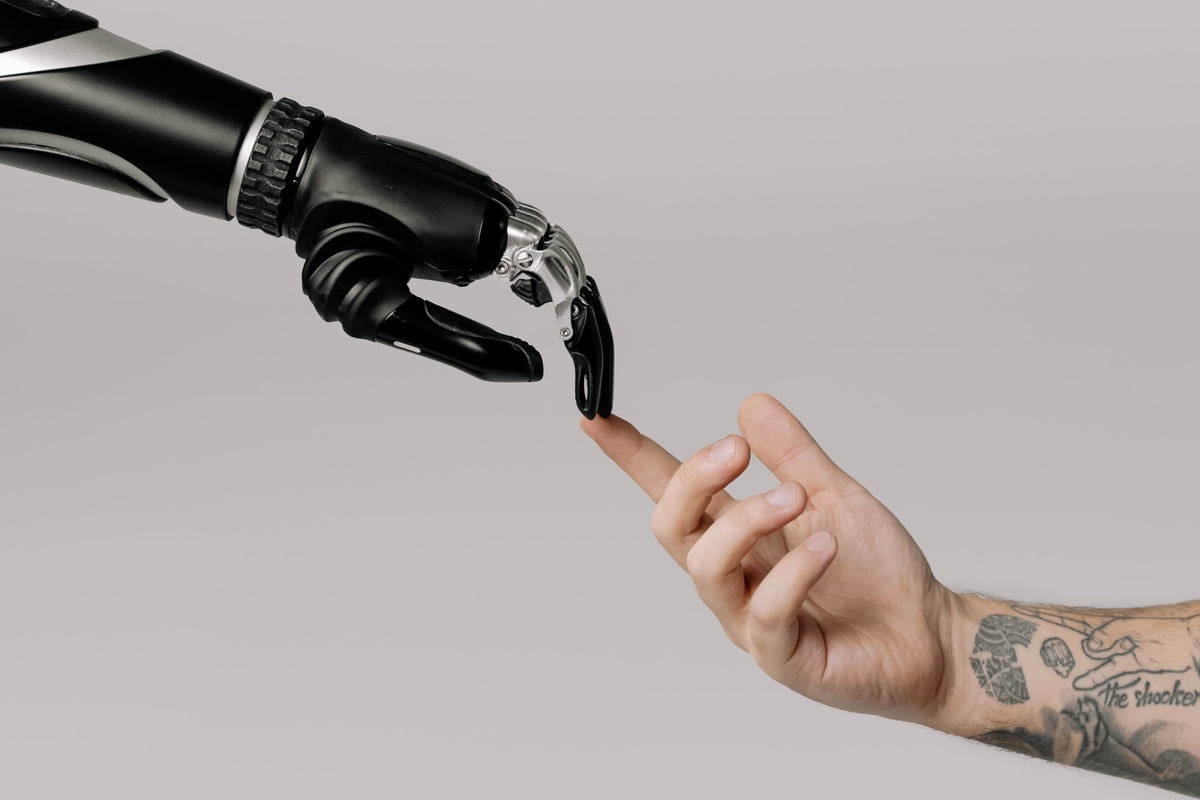Artificial Intelligence (AI) is revolutionizing the field of digital marketing by enabling businesses to analyze data, personalize customer experiences, automate processes, and make data-driven decisions more efficiently. Here are some transformative trends shaping the future of AI in digital marketing:
1. Personalized Customer Experiences
AI-powered tools and algorithms allow marketers to create highly personalized customer experiences. This includes personalized recommendations, targeted content, tailored email campaigns, and customized product offerings based on customer behavior, preferences, and interactions.
2. Predictive Analytics
AI and machine learning algorithms enable predictive analytics, where marketers can forecast trends, customer behavior, and campaign performance. By analyzing vast amounts of data, AI systems can identify patterns, make predictions, and recommend strategies to optimize marketing campaigns and drive better results.
3. Chatbots and Conversational AI
Chatbots and conversational AI platforms are transforming customer service and engagement. AI-powered chatbots can handle customer inquiries, provide real-time support, and offer personalized recommendations, improving customer satisfaction and reducing response times.
4. Content Creation and Optimization
AI tools assist marketers in creating and optimizing content more effectively. This includes AI-generated content, natural language processing (NLP) for writing and editing, content personalization based on user data, and automated content distribution strategies for maximum reach and impact.
5. Voice Search and Virtual Assistants
The rise of voice search and virtual assistants like Siri, Google Assistant, and Alexa has spurred the integration of AI into digital marketing strategies. Marketers are optimizing content for voice search, leveraging voice-based advertising, and developing voice-enabled experiences to engage with users in a more conversational and interactive manner.
6. Programmatic Advertising
AI-driven programmatic advertising platforms automate the buying and selling of digital ads in real-time, optimizing ad placements, targeting, and bidding strategies based on data insights. This improves ad performance, reduces costs, and increases ROI for digital advertising campaigns.
7. Marketing Automation
AI-powered marketing automation platforms streamline repetitive tasks, workflows, and campaign management processes. This includes lead nurturing, email marketing automation, A/B testing, audience segmentation, and behavior-based triggers, allowing marketers to focus on strategy and creativity.
8. Data Analytics and Insights
AI and machine learning algorithms analyze vast amounts of data to provide actionable insights for marketing strategies. This includes customer segmentation, trend analysis, sentiment analysis, competitive intelligence, and real-time data visualization, empowering marketers to make informed decisions and optimize performance.
9. Hyper-Personalization and Hyper-Targeting
AI enables hyper-personalization and hyper-targeting capabilities, where marketers can deliver individualized experiences to each customer segment based on their unique preferences, behaviors, and demographics. This leads to higher engagement, conversions, and customer loyalty.
10. Ethical AI and Data Privacy
As AI adoption grows, there is a focus on ethical AI practices and data privacy. Marketers need to ensure transparency, consent, and responsible use of customer data in AI-driven marketing strategies, complying with regulations and building trust with customers.
Overall, AI is reshaping the landscape of digital marketing by empowering marketers with advanced capabilities, automation, and insights to deliver personalized, data-driven, and impactful marketing campaigns in the future. Staying updated with AI trends and leveraging AI technologies will be essential for businesses to remain competitive and successful in the digital era. Please Find more blogs on: https://linktr.ee/digitallineup


No comments yet